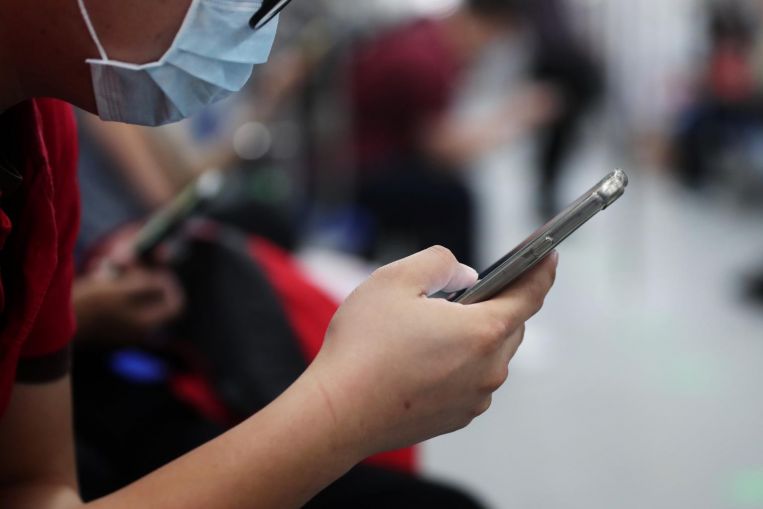SINGAPORE – Technologies from Sweden’s Ericsson and Finland’s Nokia will power the core of Singapore’s two nationwide 5G networks here, forming the backbone of its digital economy.
The two firms will be the respective key vendors for Singtel and a joint venture between StarHub and M1, which won the rights to build the two nationwide 5G networks, the telcos announced on Wednesday (June 24).
The telcos have to blanket the whole island with 5G connectivity by 2025, bringing Singapore one step closer to a future of driverless vehicles, on-the-go cloud gaming, and robot-run factories and ports.
TPG Telecom did not win the nationwide 5G licence, but it will be allowed to operate smaller 5G networks that provide spot coverage using airwaves that are in abundance. TPG has selected China’s Huawei as its key vendor.
Sector regulator Infocomm Media Development Authority (IMDA) issued the final awards to the four telcos on Wednesday (June 24), following a rigourous review of their business proposals in a regulatory process known as call for proposal (CFP).
At a virtual press briefing, Communications and Information Minister S. Iswaran said: “The final award sets the stage for the development of a world-class, resilient and secure 5G infrastructure, which is going to be the backbone of Singapore’s digital economy.”
Advanced 5G technologies promise surfing speeds 20 times faster than what 4G networks offer and the ability to connect 1,000 times as many devices. They are also better able to support mission-critical applications such as driverless car navigation and remote surgery requiring a constant connection without lag.
Nationwide coverage is limited to only two networks because of the scarcity of the 3.5GHz airwaves for islandwide reach. Also, nationwide reach is possible only from next year, when the 3.5GHz airwaves – currently used for satellite communications by countries such as Malaysia – become available.
Beyond the nationwide coverage, there are smaller 5G networks which use shorter-range millimetre airwaves that are in abundance here; these networks can be rolled out as early as this year.
Singtel, StarHub and M1 will also each get millimetre airwaves to operate smaller 5G networks in addition to their nationwide networks.
Singtel will be using Ericsson for the core components of its networks, while StarHub and M1 have selected Nokia to supply core network and radio network access equipment.
StarHub is exploring using vendors including Nokia and Chinese vendors Huawei and ZTE for other network elements, whereas M1 is reviewing Ericsson, Nokia and Huawei.
“Our CFP process did not exclude any vendor. It clearly spelt out our requirements, specifically, in areas like security, resilience and performance,” Mr Iswaran said, noting that Singapore’s 5G networks will have good vendor diversity.
He also said that Singapore’s 5G ecosystem will continue to evolve, creating “further opportunities for participation”.
Singtel group chief executive officer Chua Sock Koong said that the licence is also very timely in the light of Covid-19 and the ensuing reliance on robust infrastructure and connectivity.
“Our existing network capabilities have allowed us to pivot quickly to the needs of the public and businesses at this critical time and 5G will help extend and accelerate the digital adoption we’ve witnessed as we navigate our way out of Covid-19 towards recovery.”
In a statement, StarHub said: “Many future essential services in Singapore will be interconnected to 5G networks from millions of devices and sensors.”
M1’s chief executive officer Manjot Singh Mann said: “We are already witnessing 5G’s transformational role in various sectors, such as the manufacturing, maritime and F&B industries. Coupled with further cutting-edge technology, 5G will be the backbone and drive the next bound of Singapore’s digital economy, reinforcing its position as the region’s technology and connectivity hub.”
To support the 5G ecosystem here, IMDA will be launching its 5G Living Lab@PIXEL in September to allow start-ups to develop and test 5G applications.
Source: Read Full Article
